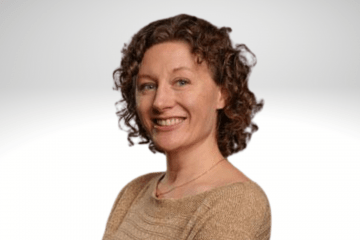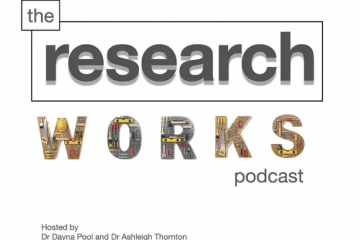New Horizons Virtual Town Hall 10 - Demystifying Dyskinesia!
Heather Riordan, MD
Pediatric Neurologist and Movement Disorders Specialist, Kennedy Krieger Institute,
Medical Director, Phelps Center for Cerebral Palsy
Dr. Heather Riordan is the medical director of the Phelps Center for Cerebral Palsy and Neurodevelopmental Medicine at Kennedy Krieger Institute and is an assistant professor of pediatric neurology at The Johns Hopkins Hospital. Her clinical interests include the diagnosis of neurogenetic disorders and treatment of spasticity and complex movement disorders, including dystonia and chorea. Dr. Riordan has expertise in botulinum toxin injection, baclofen pump management and deep brain stimulator management. Her hope is to help her patients more fully participate in the things that make them happy.
Michael Kruer, MD
Pediatric Neurologist and Geneticist, Director of the Cerebral Palsy Movement Disorders Program at Phoenix Children's Hospital
Pediatric Rehabilitation Medicine Physician, Gillette Children's
Dr. Michael Kruer is a leading pediatric movement disorders neurologist, developmental pediatrician and molecular geneticist. He is an Associate Professor of Child Health, Genetics, Neurology and Cellular & Molecular Medicine at the University of Arizona College of Medicine in Phoenix. Dr. Kruer also serves as director of the Cerebral Palsy & Pediatric Movement Disorders Program at Phoenix Children’s Hospital.
There's been some nice research recently that has shown that for those people who have spasticity, many of them, well over 50, 60% also have co-occurring dystonia or other dyskinetic symptoms as part of their presentation. So while we will define people being primarily spastic or primarily dyskinetic, it's really not this nice dichotomy. This has important implications when we're thinking about helping people understand what's going on with their body, but also how we think about potential treatments and medications that might be useful for them.




